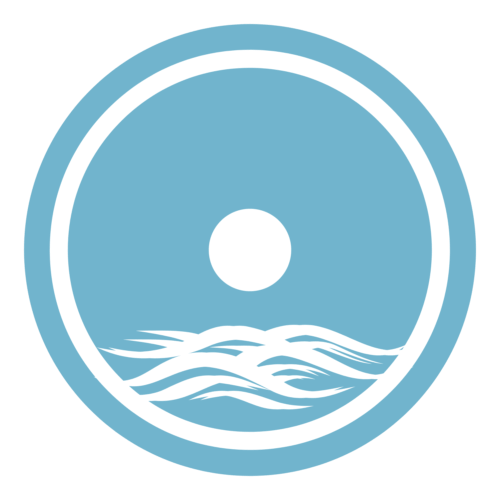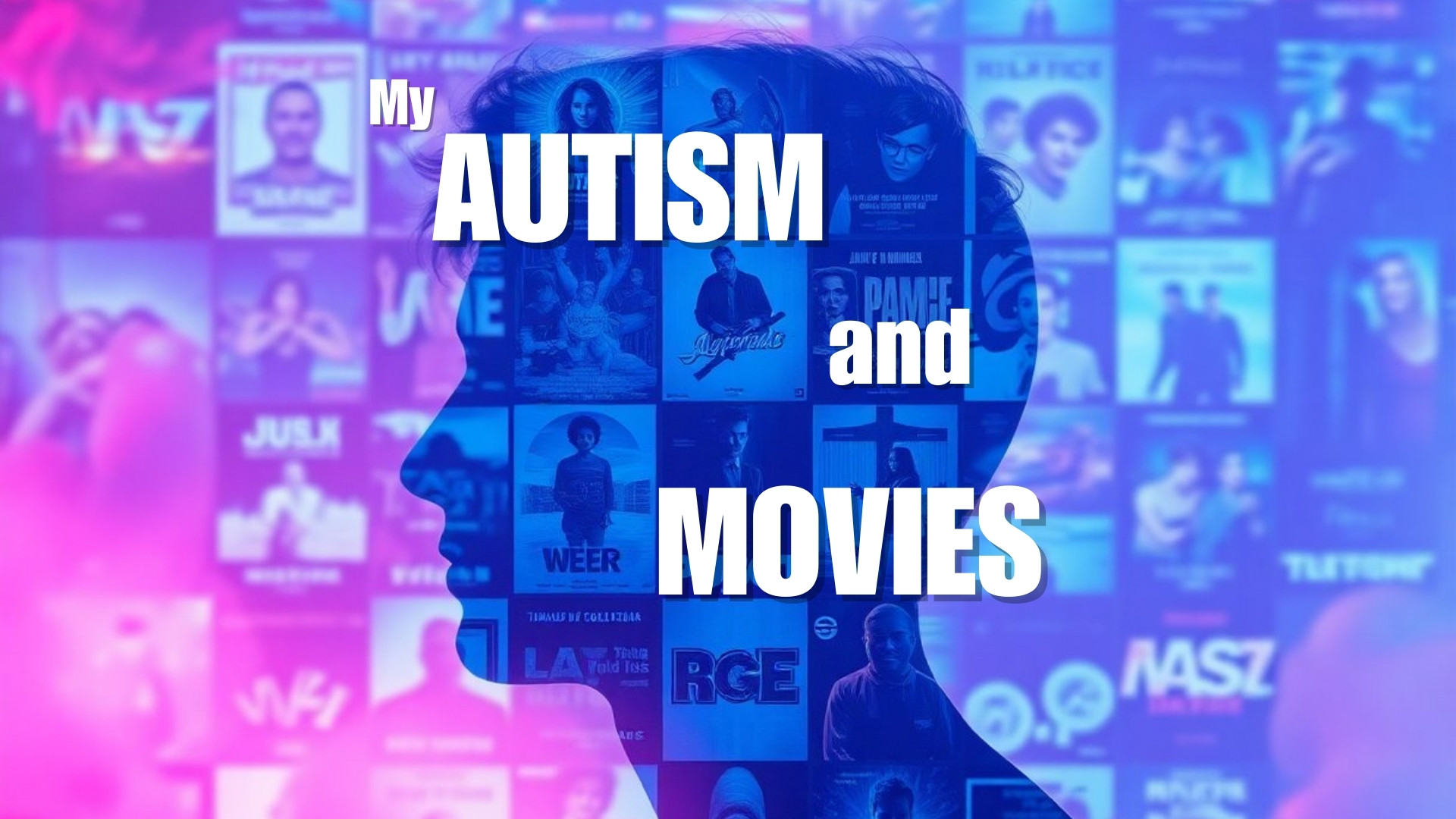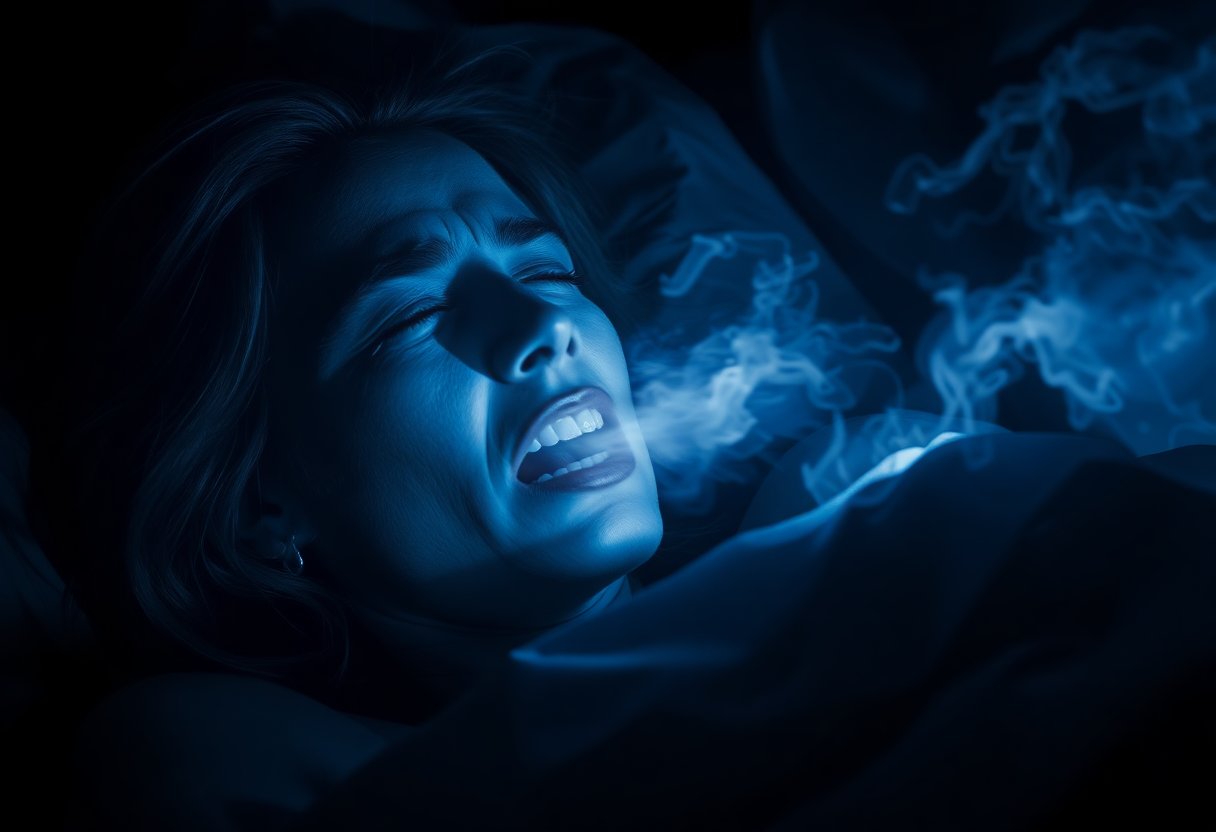Do you find yourself staying up late at night even though you know you’ll be tired the next day? Do you find it hard to resist the urge to check your phone or watch one more episode of your favorite show? You’re not alone. Many people experience what’s known as “revenge sleep procrastination,” a phenomenon that has been on the rise in recent years.
Revenge sleep procrastination is a way of reclaiming control over your free time. It’s the act of staying up late at night to enjoy some much-needed “me time” after a long day. It’s a response to a busy lifestyle and a way to make up for lost time. However, it can quickly turn into a self-inflicted cycle of insomnia that can ruin your life.
The consequences of revenge sleep procrastination are severe. Lack of sleep can lead to a wide range of physical and mental health problems, including obesity, diabetes, depression, and anxiety. Additionally, sleep deprivation can affect your memory, cognitive function, and productivity at work. So, how do you break the cycle and get a good night’s sleep?
Here are some tips we gathered for breaking the cycle of revenge sleep procrastination:
Set a schedule and stick to it. Going to bed and waking up at the same time every day can help regulate your body’s sleep-wake cycle.
Create a bedtime routine that helps you relax and wind down. This can include taking a warm bath, reading a book, or listening to calming music.
Turn off your electronics at least an hour before bed. The blue light from your phone, tablet, or computer can interfere with your sleep.
Limit your caffeine intake, especially in the evening. Caffeine is a stimulant that can keep you awake at night.
Try meditation or deep breathing exercises to help you relax and clear your mind before bed.
Revenge sleep procrastination is a vicious cycle that can be hard to break, but with the right strategies, you can reclaim your sleep and improve your overall health and well-being. Remember, self-care is essential, and getting a good night’s sleep is an important part of that.
Sidenote: While I do this. It turns out I likely am more productive at night when it’s quiet and there’s no sunlight due to Sensory Processing Disorder.





